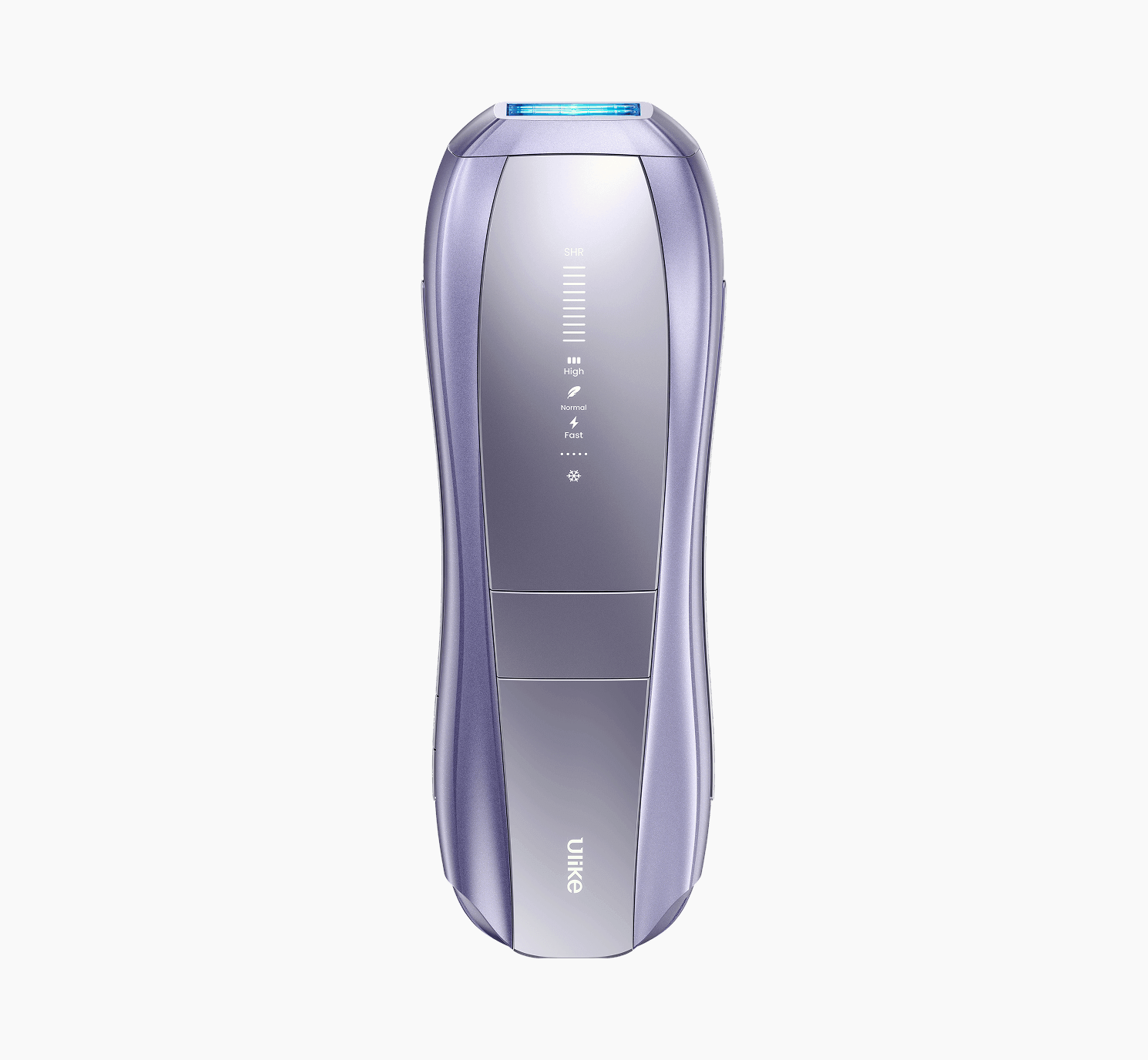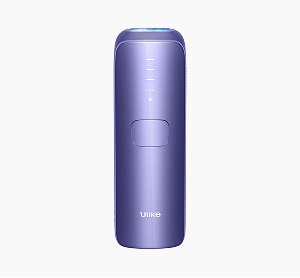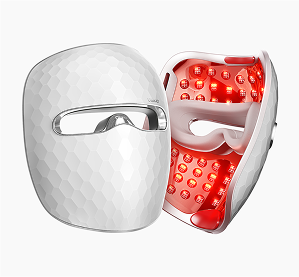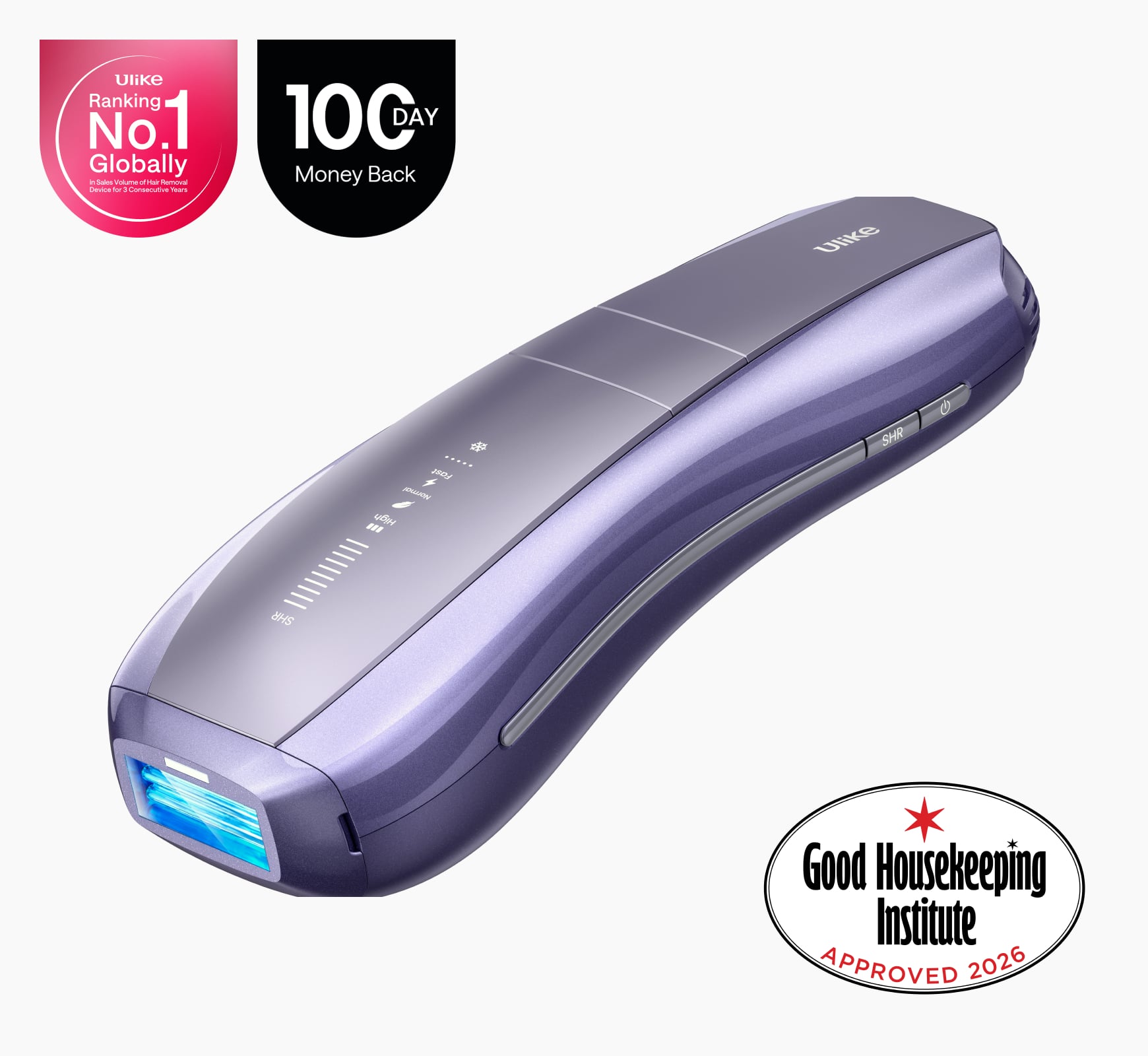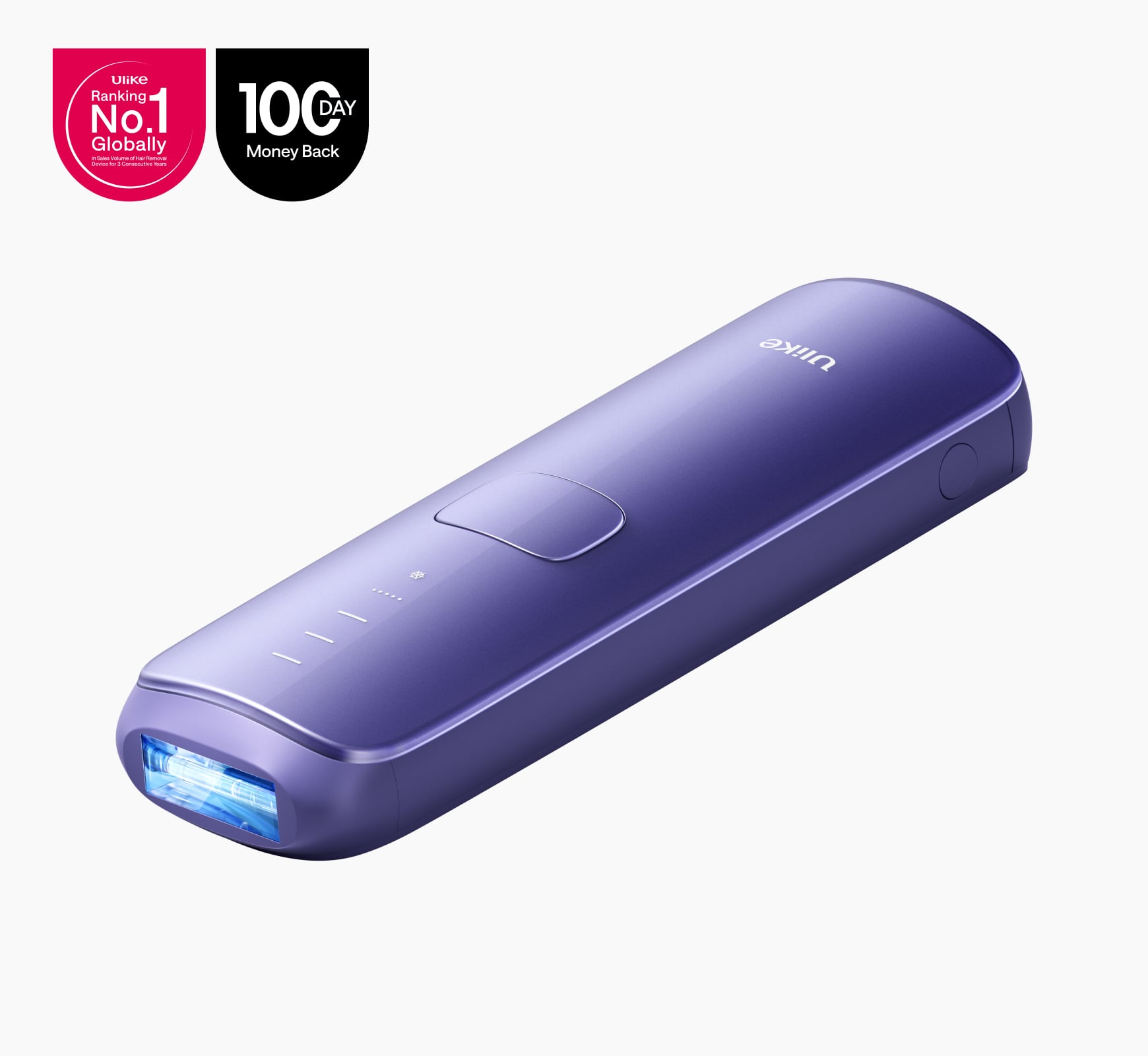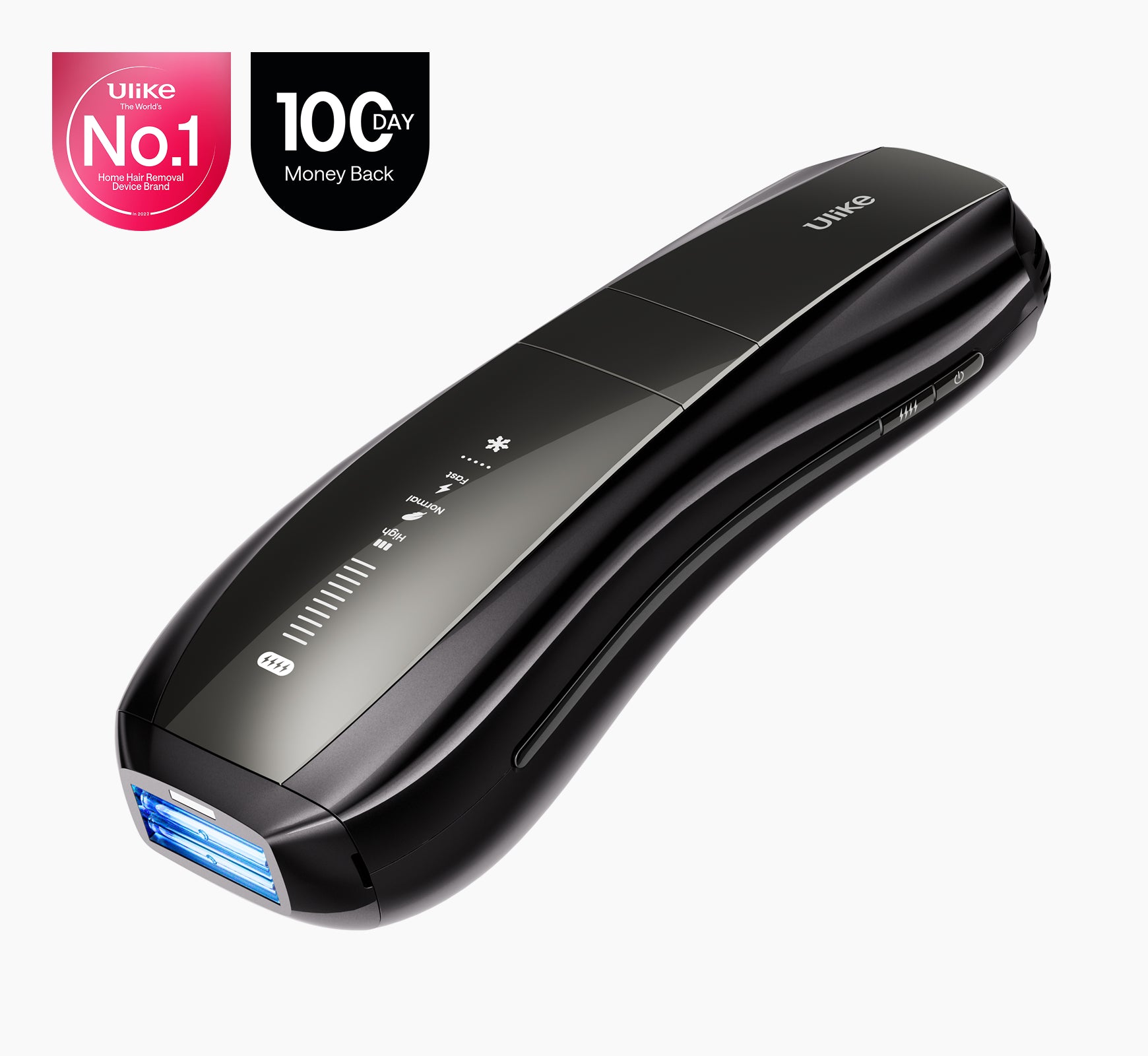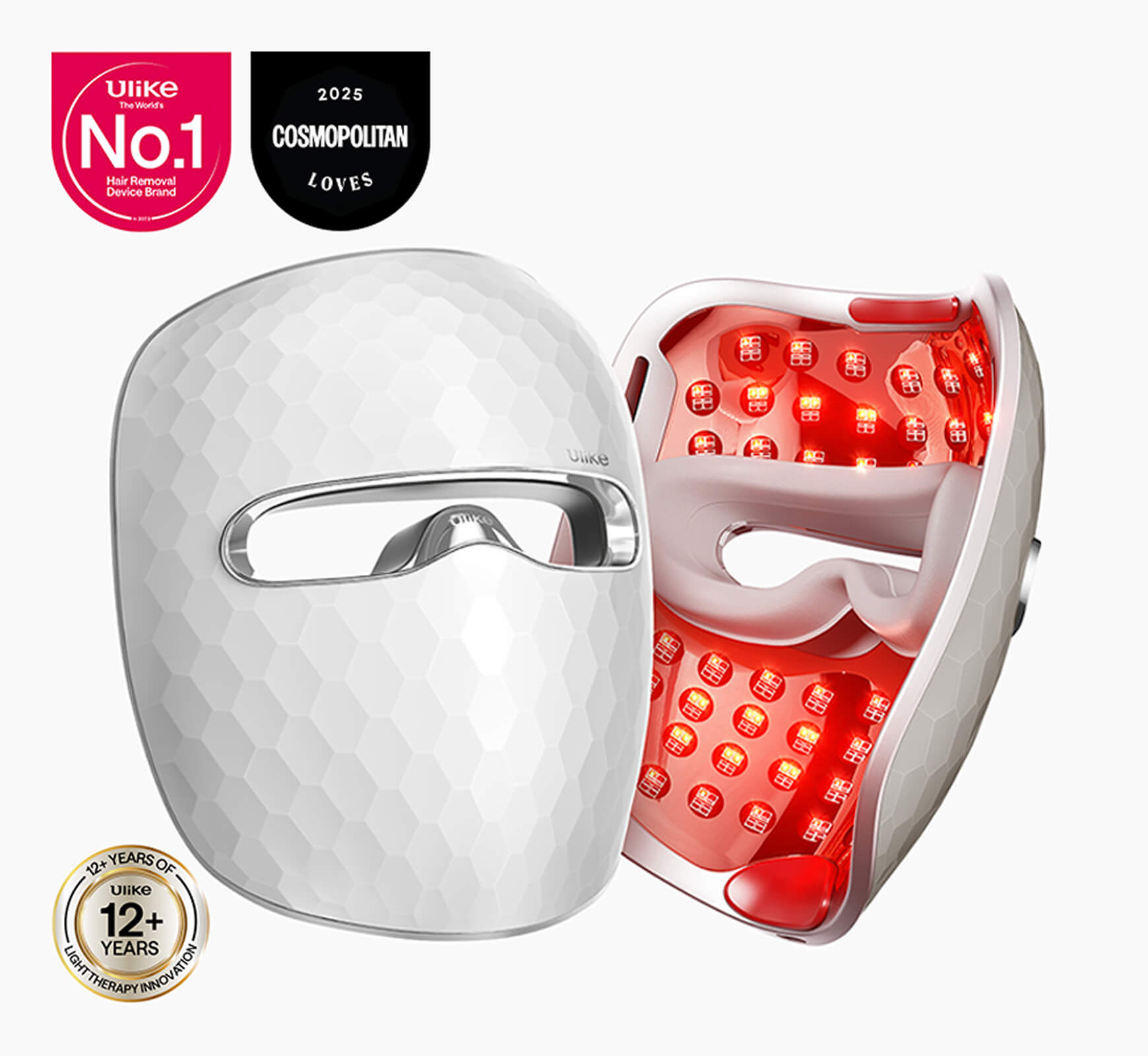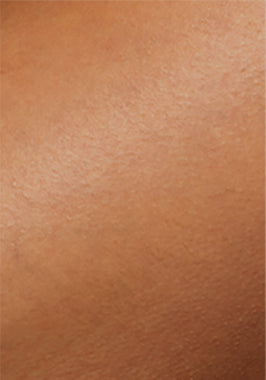
Does Laser Hair Removal Work for PCOS? A UK Guide to Hair Removal for Women with PCOS

Top-Rated Laser and At-Home IPL Hair Removal Devices This Year
- Ice-Cooling Technology for Comfortable Hair Removal
- Pain-Free Use
- 100-Day Money-Back Guarantee
- Top Seller Globally
Introduction
Living with Polycystic Ovary Syndrome (PCOS) can be a challenge, especially when it comes to unwanted hair growth, a common symptom affecting many women across the UK. Hormonal imbalances caused by PCOS often lead to hirsutism, where coarse, dark hair appears in areas such as the face, chest, and back. For many women dealing with this, traditional hair removal methods like shaving or waxing can feel like an endless battle.
So, does laser hair removal work for PCOS? The short answer is yes, but with some important nuances. Laser hair removal has emerged as a long-term solution for managing PCOS-related hair growth, offering smoother skin and reduced regrowth over time. In this guide, we’ll explore how effective laser treatments are for women with PCOS, what results you can expect, and the safest options available for UK women.
Whether you’re considering professional treatments or at-home IPL devices like Ulike, we’ll cover everything you need to know to make an informed decision.
Table of contents
What is PCOS and How Does It Affect Hair Growth?
Polycystic Ovary Syndrome (PCOS) affects 1 in 10 women in the UK, often causing unwanted hair growth (hirsutism), a frustrating and confidence-draining symptom. Here’s how PCOS triggers excessive hair growth and why it can be so persistent:
How PCOS Causes Unwanted Hair
- Hormonal Imbalance: Elevated androgens (male hormones like testosterone) overstimulate hair follicles, leading to excessive hair growth.
- Male-Pattern Growth: Thick, dark hair appears on areas like the face, chest, back, and abdomen, places that are typically hair-free or have finer hair in women.
- How PCOS Affects Women: Around 70% of women with PCOS report hirsutism, with facial hair being the most distressing due to societal beauty standards.

Why Traditional Methods Fall Short
Traditional hair removal methods, such as shaving and waxing, often provide only temporary fixes. While they may remove hair for a short time, they can irritate sensitive skin, which makes them less effective for long-term use.
Additionally, since PCOS-driven hair growth is hormonally driven, hair often grows back quickly, leaving women frustrated by the constant need for maintenance. This is where long-term solutions like laser hair removal become a game-changer. So, does laser hair removal work for PCOS? Let’s explore how it can help manage PCOS-related hair growth. By targeting the hair follicles directly, laser treatments offer a more lasting solution, making it a much more effective option for women with PCOS.
For many UK women with PCOS, managing hirsutism isn’t just about aesthetics. It’s about reclaiming confidence. Laser treatments, particularly PCOS-friendly IPL devices like Ulike, target hair follicles at the source, offering a long-term solution for smoother skin.
How Laser Hair Removal Works for Women with PCOS
For women with PCOS struggling with persistent hair growth, laser hair removal offers a science-backed solution. So, does laser hair removal work for PCOS ? Yes, it does, and here’s how it helps tackle the hormonal imbalances that cause unwanted hair.
The Science Behind Laser Hair Removal
Targeted Light Energy: Lasers and IPL (Intense Pulsed Light) devices use focused light. This light is absorbed by the pigment (melanin) in hair follicles. This energy is converted into heat, which disables the follicle’s ability to regrow hair.
Hormonal Considerations: While laser hair removal is effective, women with PCOS often require more sessions, typically 6 to 10, compared to 4 to 6 for others, due to the androgen-driven nature of their hair growth. Maintenance sessions may also be necessary to prevent hair regrowth.
Does IPL work for PCOS related hair growth?
Yes, IPL works for PCOS-related hair growth, helping prevent rapid regrowth and providing long-lasting results. IPL (Intense Pulsed Light) treatments can help prevent the rapid regrowth of hair associated with hirsutism caused by PCOS. IPL devices like Ulike can provide long-lasting results and a solution for unwanted hair growth in women with PCOS. However, outcomes can vary between individuals based on factors such as skin type, hair colour, and the consistency of treatment.
For the best results with Ulike IPL devices, follow the recommended usage guidelines:
- Weeks 1–3: Use 3 times per week.
- Weeks 4–6: Use 2 times per week, or increase frequency if necessary.
- After that, use the device once every two weeks or once a month for touch-ups or general upkeep. If stubborn hair remains, increase frequency or power level during the touch-up phase.
Key Considerations for Women
When considering laser or IPL treatments, it’s important to note that skin-hair contrast plays a crucial role in the effectiveness of the procedure. Lasers work best on dark hair and light skin, but IPL devices like Ulike are designed to adapt to a wider range of skin tones, making them a versatile option for many women.
Additionally, while professional treatments tend to deliver faster results, at-home IPL devices like the Ulike Air 10 offer significant cost savings in the long run, up to 70% compared to clinic visits. This makes at-home treatments a practical and budget-friendly choice for women, especially when considering the long-term benefits of reduced hair growth.
What Results Can You Expect from Laser Hair Removal for PCOS?
If you're wondering does laser hair removal work for PCOS, the answer is yes, and consistent treatments lead to noticeable results.
Laser hair removal can offer significant reduction in PCOS-related hair growth, but it’s important for UK women to have realistic expectations. Due to hormonal influences, women with PCOS typically require 6 to 10 sessions, compared to the 4 to 6 sessions usually needed by non-PCOS patients.
In the early stages of treatment, hair begins to shed gradually, with some regrowth being normal in the first few weeks. Between sessions 3 and 6, many women notice a significant thinning of the hair and slower regrowth. After around 7 or more sessions, you can expect up to an 80% reduction in hair density, with results becoming more pronounced over time. To maintain these results and manage any hormonal regrowth, most women will need 1 to 2 maintenance sessions per year.
With regular use of IPL devices like Ulike, consistent treatments can prevent the rapid regrowth of PCOS-related hair growth, offering long-term results and smoother skin.
| Factor | PCOS Patients | Non-PCOS Patients |
|---|---|---|
| Sessions Needed | 6–10 or more, depending on hormonal response | 4–6 sessions typically sufficient |
| Hair Reduction | 70–90% reduction with regular maintenance | 90%+ reduction; may be permanent for some individuals |
| Maintenance | Ongoing: every 6–12 months recommended | Occasional or rarely needed after full treatment course |
Why Patience Pays Off: Hormonal hair grows in cycles, so consistency is critical. At-home IPL devices like Ulike can extend results between professional sessions.
Is Laser Hair Removal Safe for Women with PCOS?
Many women ask, does laser hair removal work for PCOS safely? It’s generally safe when proper precautions are followed.
Laser hair removal is generally safe for women with PCOS, but understanding the associated risks and UK-specific precautions is essential to achieving the best results.
In the UK, reputable clinics use MHRA-approved devices, ensuring that the treatments meet high safety standards. At-home IPL tools, such as Ulike, also adhere to strict EU/UK safety regulations, making them a reliable option for many women.
While side effects are generally mild and temporary, some women may experience redness, swelling, or mild irritation, which typically subsides within 24 to 48 hours. While PCOS itself doesn’t increase the risks associated with laser hair removal, hormonal fluctuations caused by the condition may mean that more sessions are needed to achieve optimal results.
By following proper aftercare and consulting with professionals when necessary, women with PCOS can safely benefit from laser hair removal treatments.
How to Minimize Risks
Professional Clinics: Choose UK-certified practitioners for in-office treatments, especially for sensitive areas like the face.
At-Home IPL: Devices like Ulike are safe for PCOS if used as directed.
Always:
- Do a patch test 24 hours before full treatment.
- Avoid sun exposure pre/post-treatment.
- Follow the recommended schedule (e.g., weekly sessions).

The Cost of Laser Hair Removal for Women with PCOS in the UK
For UK women with PCOS, laser hair removal costs vary widely depending on treatment area, session count, and clinic location. Here’s a breakdown:
Professional Laser Hair Removal Costs
| Treatment Area | Cost per Session (UK Average) | Total (6–10 Sessions) |
|---|---|---|
| Face/Neck | £50–£150 | £300–£1,500 |
| Underarms | £30–£100 | £180–£1,000 |
| Legs | £100–£300 | £600–£3,000 |
Note: Women with PCOS often need 2–4 extra sessions vs. non-PCOS patients.
At-Home IPL: A Cost-Effective Alternative
Ulike devices offer a cost-effective solution for women with PCOS looking to manage hair growth from the comfort of their home. With a one-time purchase price ranging from £200 to £400, users gain access to unlimited treatments, which can be a significant saving compared to the ongoing cost of clinic sessions. Over time, using an at-home IPL device like Ulike can save up to 70% compared to professional treatments.
Additionally, UK customers can take advantage of various deals, such as NHS discounts, payment plans like Klarna, and special promotions through StudentBeans, offering student discounts. Ulike also offers Hero discounts for healthcare workers, first responders, teachers, and military personnel, with 10% off their purchases.
While clinics offer faster results, at-home IPL devices like the Ulike Air Series provide a more affordable, convenient solution for managing PCOS-related hair growth over the long term. By following the recommended usage guidelines, you can see results and maintain them with minimal expense.

Conclusion
For UK women with PCOS, laser hair removal offers a transformative solution to stubborn hormonal hair growth. While it requires more sessions and maintenance compared to non-PCOS patients, the long-term benefits, such as smoother skin, increased confidence, and reduced reliance on temporary hair removal methods, make it a worthwhile investment.
Laser treatments can lead to up to 90% hair reduction with consistent sessions, making it an effective solution for managing PCOS-related hirsutism. Both professional clinics and at-home IPL devices like the Ulike Air+ meet UK safety standards, ensuring safe treatments. For those seeking a more cost-effective option, at-home IPL devices provide clinic-quality results at a fraction of the price, offering an affordable alternative for long-term hair management.
If you’re ready to commit to a long-term treatment plan, laser/IPL treatments can significantly reduce unwanted hair and help you regain smooth, hair-free skin. Explore PCOS-friendly devices like Ulike and begin your journey to hair-free confidence today!
Ready to take control of your hair growth? Discover the Ulike Air 10 for a safe, effective, and affordable at-home solution tailored for women with PCOS
Related readings

Hair Removal Aftercare Guide: What to Do After

Fun Activities for Couples That Actually Work in Real Life

